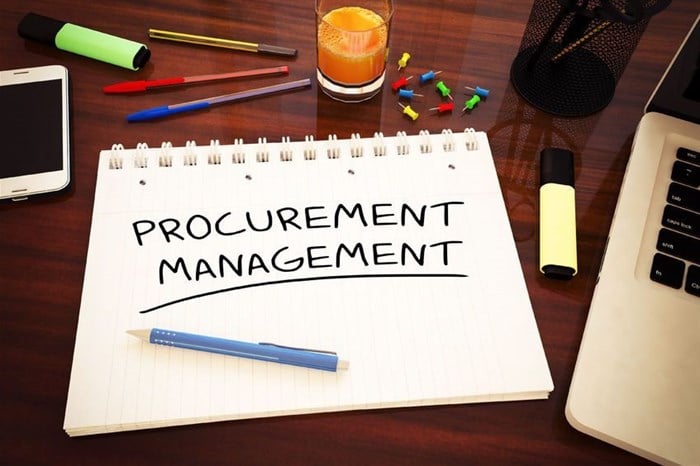
Top stories





Marketing & MediaWarner Bros. was “nice to have” but not at any price, says Netflix
Karabo Ledwaba 2 days

More news

Logistics & Transport
Maersk reroutes sailings around Africa amid Red Sea constraints













Under the 2022 Regulations, preference points will still be awarded to a tenderer based on its offered price, ie. 80 or 90 points out of 100, depending on rand value. However, the additional preference points, 20 or 10, as the case may be, may be awarded based on whether the tenderer meets the specific goals set out in a tender invitation, rather than strictly on the basis of the tenderer's broad-based black economic empowerment (B BBEE) score as is the case with the 2017 Regulations.
Further, organs of state are no longer permitted to apply "pre-qualification criteria" to tenders. Accordingly, the 2022 Regulations provide that if the 80/20 preference point system applies, a maximum of 20 points may be awarded to a tenderer meeting the specific goals, and if the 90/10 preference points system applies, a maximum of 10 points may be awarded to a tenderer meeting the specific goals.
Specific goals include contracting with persons, or categories of persons, historically disadvantaged by unfair discrimination based on race, gender and disability; and implementing the Reconstruction and Development Programme (RDP) programmes.
While the concept of specific goals - insofar as it pertains to contracting with certain persons, or categories of persons - appears to overlap with the concept of B BBEE; a key change is that the 2022 Regulations do not expressly refer to B-BBEE or its related concepts as defined in the B-BBEE Act, 2003 (the B-BBEE Act).
The RDP is a policy instrument and/or framework for integrated and coherent socioeconomic progress to transform society and eradicate the result of apartheid. It refers to a number of key programmes which include, amongst others, building the economy and in respect of which it emphasises adjustment to the pressures in the production of manufactured goods if we are to sustain economic growth and continue to develop a large domestic manufacturing sector.
The RDP, therefore, contemplates the necessity for prioritising local production, amongst others, to develop the South African economy. As such, although local production and content are no longer provided for in the 2022 Regulations, it appears that organs of state would arguably be able to include this as a specific goal on the basis that it is implementing the RDP and stipulate in a tender invitation that the additional preference points will be awarded, for example, to tenderers who locally manufactured goods.
Initially, there were fears that the new regulations would provide a mechanism for organs of state to ignore the requirements of the B-BBEE Act. On 8 November 2022, however, the National Treasury clarified in a media statement that this was not the case and reiterated that the National Treasury, the Minister of Finance, and the Government remained committed to transformation and empowerment as envisioned in the Constitution.
Despite this assurance, it is now - technically speaking - possible for an organ of state to effectively ignore B-BBEE requirements if it makes provision for any of the specific goals contemplated in section 2(1)(d) of the PPPFA other than contracting with historically disadvantaged persons, or categories of persons.
The National Treasury also clarified the purpose of the 2022 Regulations. It said they were intended to comply with:
Importantly, the 2022 Regulations repealed the 2017 Regulations with effect from 16 January 2023 on the date the 2022 Regulations take effect. Any tender advertised before this date must be dealt with in terms of the 2017 Regulations.
Although the 2022 Regulations serve a much-needed transformative purpose in that they, amongst others, appear to allow for a broader scope to develop procurement and transform the economy via specific goals, they are not intended to be a long-term solution. The National Treasury describes them as a "placeholder" until the Public Procurement Bill (the Bill) is finalised.
The Bill proposes to repeal the PPPFA and thus clears the way for the Minister of Finance to prescribe a new framework for preferential procurement. The eagerly awaited Bill is set to be introduced in Parliament in March 2023, but this will merely be the beginning of the legislative process. Finalisation is likely to be time-consuming and to attract active public participation by numerous stakeholders. Whilst the 2022 Regulations appear to be a mere "placeholder", they are likely to be in place for longer than currently anticipated.